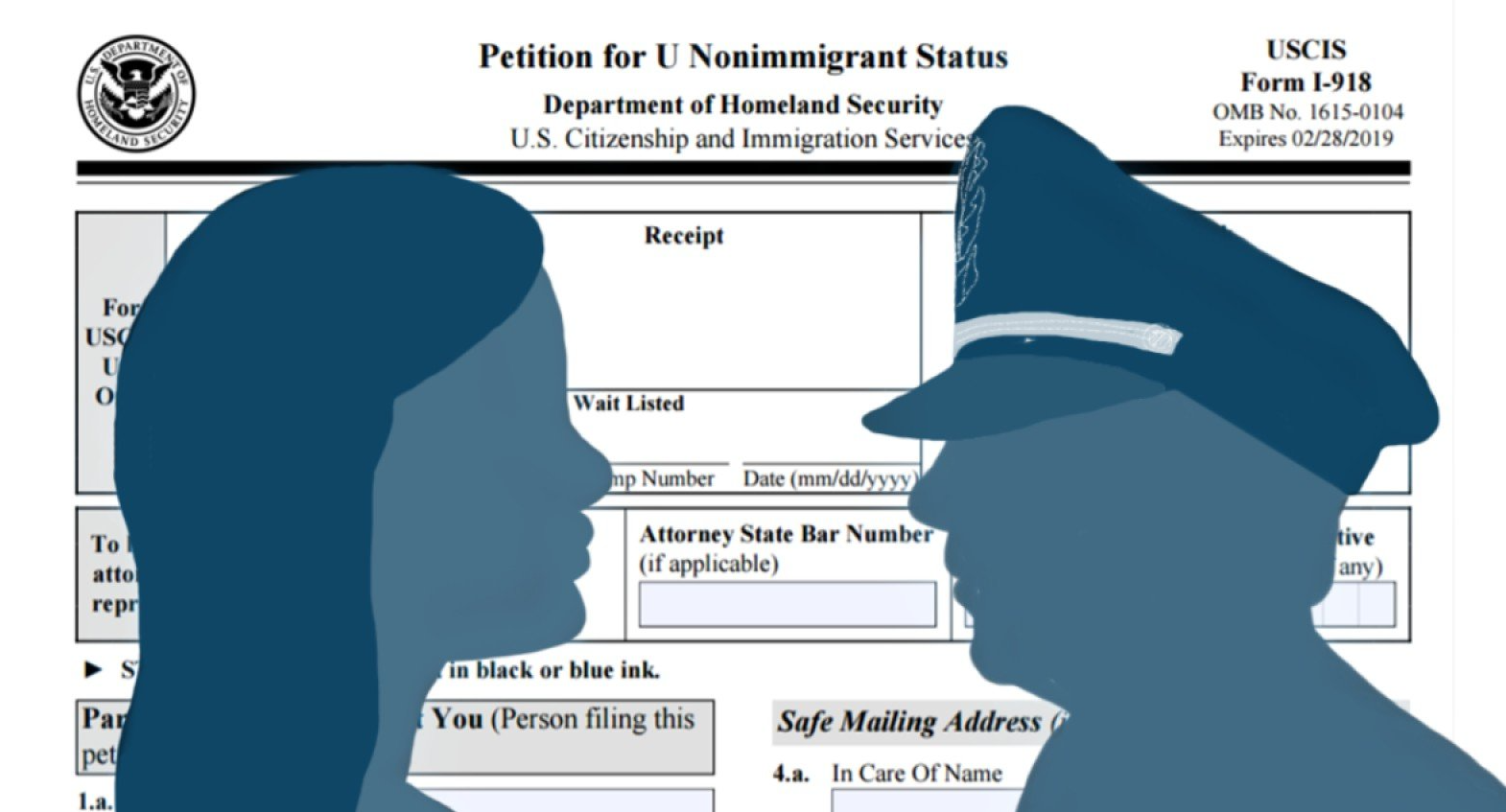
In State v. Hampton, the WA Court of Appeals held a Search Warrant was overbroad because it allows the seizure of evidence related to crimes for which there was no probable cause; in this case, sex crimes.
FACTUAL BACKGROUND
Law enforcement investigated Mr. Hampton for trafficking in stolen property and controlled substances. During the investigation, officers seized Hampton’s brown briefcase, which contained electronic storage devices. Thereafter, a search warrant authorized law enforcement to search the electronic storage devices and all contents that showed possession of trafficking in stolen property or drugs.
The search requested search and seizure for the following:
“Any data that may be kept on any of the seized digital devices in any format to include but not limited to intact files, deleted files, deleted file fragments or remnants related to the purchase, possession, receipt and distribution of controlled substances and or stolen property.”
When reviewing files from the storage device, law enforcement viewed ten-year-old videos of Hampton engaging in sexual intercourse with his girlfriend, while she was incapacitated. The superior court refused to suppress the videos. A jury convicted Hampton of numerous Sex Offenses. On appeal, Mr. Hampton argued the search warrant was invalid because of its overbreadth.
COURT’S ANALYSIS & CONCLUSIONS
In short, the Court of Appeals (COA) agreed with Mr. Hampton that the trial court should have granted his motion to suppress. First, the warrant authorized an overbroad and unfettered search of electronic storage devices found in the briefcase. Second, law enforcement exceeded the scope of the authorized search when viewing movie files stored on computer drives without regard to their date or connection to the crimes being investigated.
The COA emphasized that the Fourth Amendment demands in part that no warrants shall issue, but upon probable cause, supported by oath or affirmation, and particularly describing the place to be searched, and the persons or things to be seized. Furthermore, the latter part of this clause requires specificity in a search warrant. Also, Article I, section 7 of the Washington State Constitution states, “No person shall be disturbed in their private affairs or have their home invaded without authority of law.”
The COA also analyzed that the particularity requirement of search warrants provides important protection against governmental invasion of privacy. This is because the demand renders general searches impossible and prevents the seizure of one thing under a warrant describing another. The particularity requirement also ensures judicial oversight of the scope of a law enforcement search such that the executing officer lacks unlimited discretion when executing the warrant. The warrant must be based on probable cause of criminal activity and must limit the scope of the search to the probable cause determination.
“Specificity consists of two components: particularity and breadth,” said the COA. “Particularity demands that the warrant clearly state what is sought. Breadth requires the scope of the warrant be limited by the probable cause on which the warrant is based.”
The COA reasoned that the search of Mr. Hampton’s electronic storage devices conducted by Detective Travis Frizzell verifies the impermissible breadth of the search warrant. The police’s search warrant affidavit established probable cause to believe Timothy Hampton and Robert Rogers engaged in a criminal conspiracy to purchase and sell narcotics in 2020, not almost a decade earlier.
“By viewing videos from 2013, Detective Frizzell stepped inside a time machine and outside the confines of probable cause. The State’s argument that the warrant sanctioned Frizzell’s view of the 2013 files defeats its defense of the constitutionality of the warrant. If we ruled that the search warrant limited the search to evidence of possessing stolen property or controlled substances and thereby upheld the validity of the warrant, we would need to rule that Detective Frizzell’s search exceeded the scope of the warrant.” ~WA Court of Appeals
The COA concluded that a court must suppress evidence seized due to an overly broad search warrant. It remanded Mr. Hampton’s case to the superior court for vacation of his convictions and for dismissal of the charges.
Please contact my office if you, a friend or family member are charged with a crime involving search & seizure issues. Hiring an effective and competent defense attorney is the first and best step toward justice.





:quality(70)/d1hfln2sfez66z.cloudfront.net/11-12-2019/t_b5bf72ca8bc04cd1ba4c039b6dc1ee5f_name_2927F3CB11354590AA0E701EF29B5C6E.jpg)









